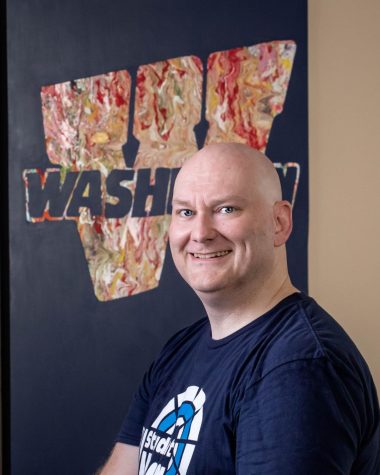Another one bites the dust
October 19, 2019
Mac Miller, a rapper whose career ended too abruptly died from a drug overdose on Sept. 7, 2018 in Studio city California, at the age of 26. Fans have mourned by lifting his streams up 970 percent the week of his death.
Miller is one of the many celebrities who has fallen from overdosing on drugs. Some would presume this to be a problem, reflecting on the higher rates of depression, anxiety and thoughts of suicide that torment today’s millennial generation and culture.
According to the Pew Research Center, the millennial generation consists of individuals born between the years 1981 and 1996.
Studies have declared millenials the most anxious generation in history. With the pressures of fitting into real life and digital life millennials have struggled with sculpting themselves into a perfect to fit in to both worlds. An online article from The Freedom Model Retreats describes young people as to have always been associated with higher rates of experimentation with illegal drugs. However, millennials were the first to grow up with the Internet and use social media. The article also explains how millennial’s lives have a spotlight shone on them for the world to see.
“They have been documented in pictures and posts, and their fleeting adolescent habits and hobbies are under a spotlight that never existed before,” says The Freedom Model Retreats.
Back in 2015, in an interview with Billboard magazine, Miller admitted he was worried about dying from a drug overdose because he was doing a lot of drugs at the time.
“It just eats at your mind, doing drugs every single day, every second. It’s rough on your body. That was the plan with Faces’ [closing song]. ‘Grand Finale’ was supposed to be the last song I made on earth. I don’t feel that way as much anymore,” Miller states.
“I didn’t really listen to a lot of Mac Miller but recently I listened to his very last album and in a lot of the songs you could tell he felt that he was alone. He might not have been suicidal or anything but you could tell in his lyrics that doing drugs was his way out.” Nick Wright, freshman at Washburn, majoring in biology said.
Several students at Washburn agree this generation definitely feels more alone than past generations due to the social media’s influence.
“He used the drugs to fill a void,” Wright states.
“One way we can help each other out of this ongoing cycle of depression and feelings of loneliness is by communicating face to face. A lot of the time messages that aren’t spoken can go misconstrued so we as a society should definitely try to communicate verbally more often.” Said Anjelica Willis, Senior at Washburn University.
Cell Phone addiction is another plague that afflicts individuals in today’s time. Studies show that Americans check their phone at least 80 times a day. If people are completely absorbed in their phones, there’s no time or will to have face to face interactions.
Another normalized harmful behavior this generation faces is the casual use of illegal drugs. Using drugs to party has the ability to create an underlying drug addiction that people may deny or not even realize they have.
“Sometimes we look at partying as like you have to be super out of it to have a good time and that’s not the case.” Willis states. Using drugs to party has the ability to create an underlying drug addiction that people may deny or not even realize they have.
It’s interesting how we can have thousands of people following us and interacting with us online, but when we strip away our digital presence we feel alone. As a whole society we can get better at breaking down drug addiction and feelings of depression within our peers. Check up on your friends in person and if you see them having a hard time let them know you’re there for them.




